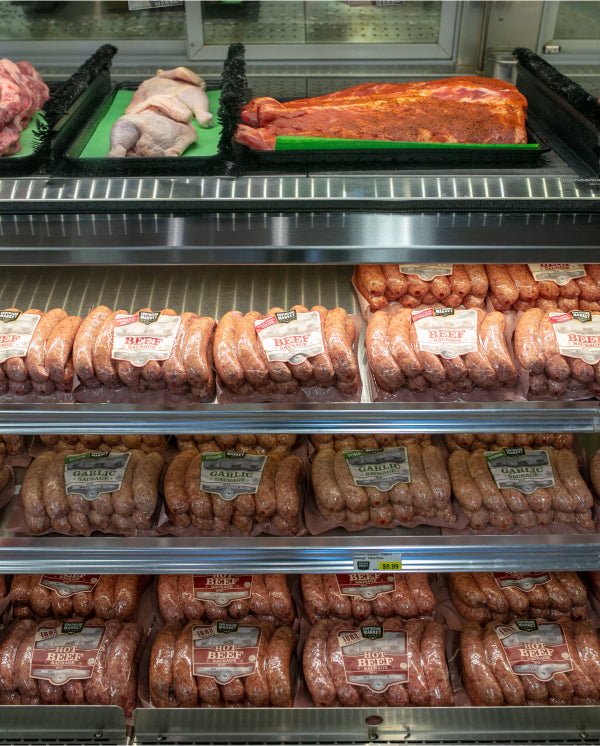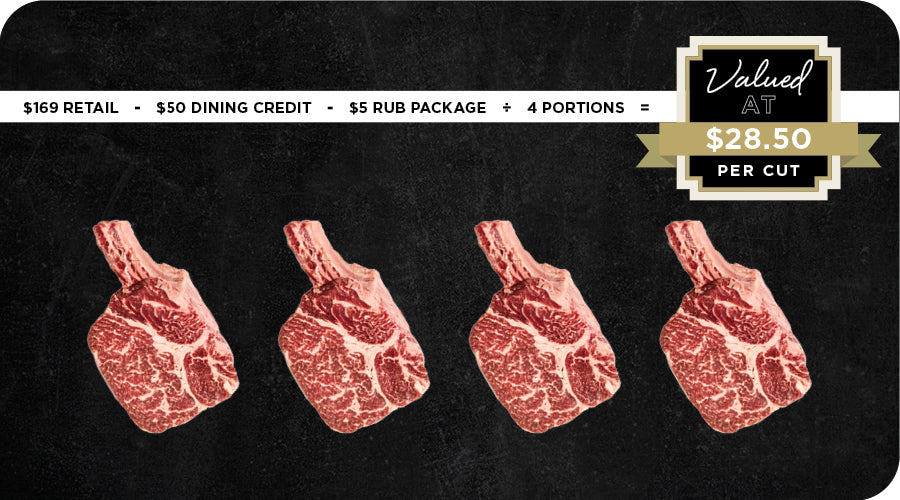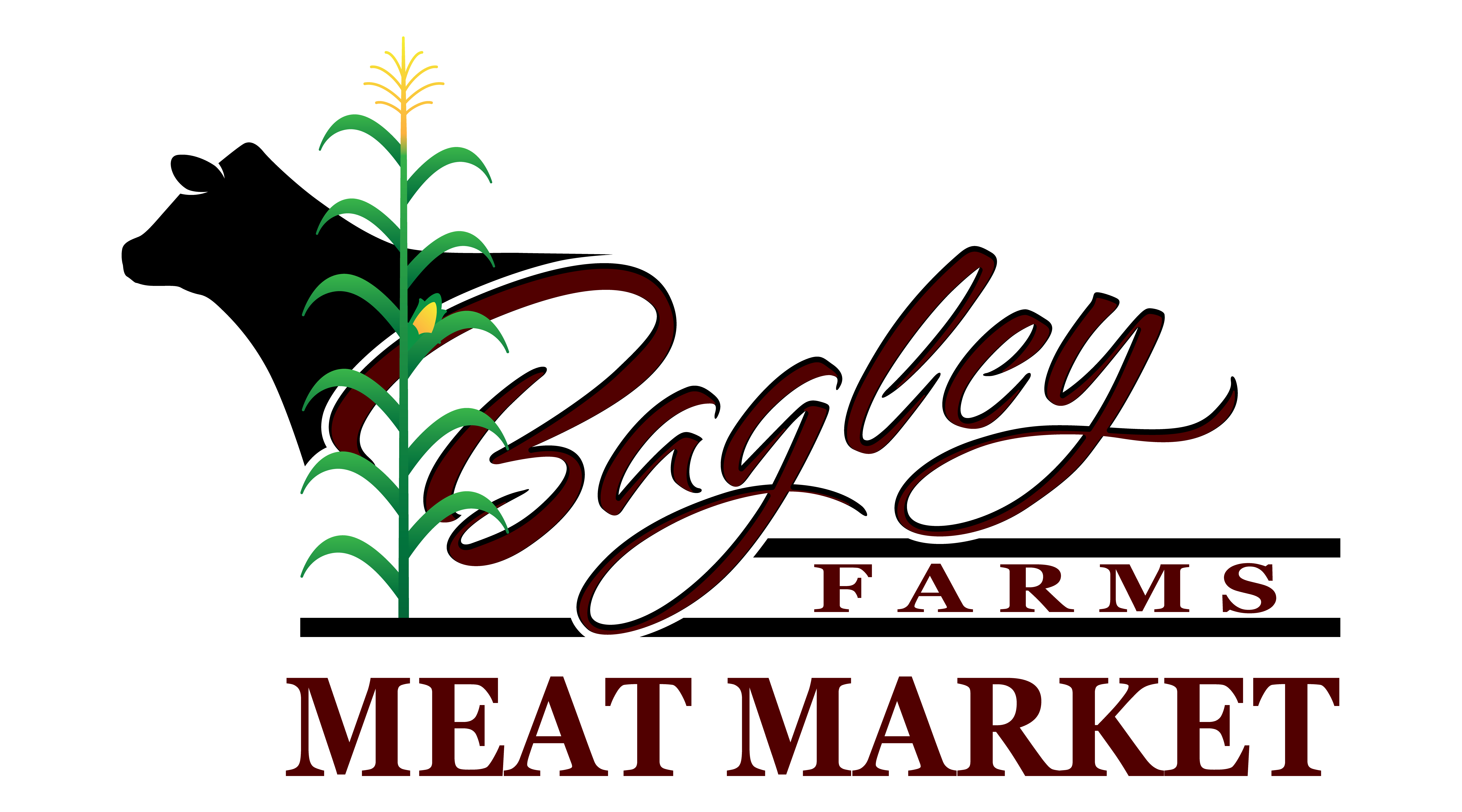Quality Cuts and Fresh Selections Await You at Bagley Meat Market Edwardsville IL
Quality Cuts and Fresh Selections Await You at Bagley Meat Market Edwardsville IL
Blog Article
Why Buying at a Neighborhood Meat Market Guarantees Fresh, High-Quality Cuts
Buying at a neighborhood meat market supplies distinct benefits that commonly go unnoticed by customers accustomed to larger retail chains. The effects of selecting regional extend beyond prompt advantages, triggering a better exam of what this option truly suggests for both customers and the neighborhood economy.
Advantages of Local Sourcing
In the world of food purchase, the advantages of neighborhood sourcing stand apart plainly. By acquiring meat from regional markets, consumers acquire direct access to items that are usually fresher and extra delicious than those found in larger, industrial grocery stores. Local sourcing reduces the time and range food travels from farm to table, which not only boosts preference however additionally preserves nutritional worth.

Moreover, local sourcing usually provides openness pertaining to the beginnings of the meat. Customers can make inquiries about the farming methods utilized, pet well-being criteria, and whether the meat is organic or grass-fed. This info equips consumers to make enlightened choices lined up with their worths.
Quality Assurance Specifications
Local meat markets typically follow extensive quality assurance criteria that ensure the products supplied fulfill high security and quality criteria. These requirements generally encompass various stages of the meat manufacturing procedure, from sourcing to managing and storage space.
First, neighborhood markets commonly develop rigid supplier criteria, guaranteeing that only respectable farms and producers are used - bagley meat market edwardsville il. This decreases the probability of contamination and advertises higher pet well-being requirements. Additionally, lots of regional meat markets execute regular examinations to confirm that the meat is processed under hygienic problems, further reducing health risks
Temperature level control is an additional essential aspect of quality control. Local meat markets frequently check refrigeration systems to keep optimum storage space temperature levels, ensuring that meat continues to be risk-free and fresh for intake. In addition, the implementation of traceability systems permits markets to track the beginning of their products, offering openness and accountability.
Last but not least, staff at neighborhood meat markets are often educated to recognize indications of wasting and understand proper handling methods. This dedication to quality assurance not only elevates the overall standard of the meat but also fosters customer count on, making local meat markets a reliable source for top notch cuts.
Supporting Local Farmers
Supporting neighborhood farmers is essential for cultivating a sustainable food system and boosting community strength. When customers choose to shop at neighborhood meat markets, they straight add to the livelihoods of farmers in their region. This not just sustains the regional economic climate but also strengthens the agricultural market, making certain that it stays practical and dynamic.


Moreover, sustaining neighborhood farmers fosters a sense of neighborhood and link in between producers and find here consumers. It motivates openness in food sourcing and infuses trust, as clients can establish partnerships with the people that elevate their food. This direct connection ultimately results in a much more involved and notified public, which is critical for supporting for lasting farming techniques in the future.
Lasting Practices
Lasting techniques in meat markets play an essential function in promoting environmental stewardship and making sure animal welfare. Regional meat markets typically prioritize sourcing their products from farms that execute honest and sustainable farming methods. These practices consist of rotational grazing, which aids keep dirt health and wellness and minimizes carbon exhausts, along with decreasing the use of antibiotics and hormones in livestock.
Furthermore, neighborhood meat markets generally highlight transparency in their supply chains. Customers Bonuses are provided with info relating to the beginning of their meat, enabling them to make educated choices that line up with their values. By supporting local farmers that practice sustainable methods, customers add to the preservation of biodiversity and the decrease of transportation discharges related to long-distance meat distribution.
In addition, several regional meat markets engage in waste decrease methods, such as utilizing every component of the animal and advertising off-cuts that may or else go unsold. By promoting a more lasting approach to meat intake, these markets not only give high-grade products yet likewise add positively to the setting and animal well-being. Essentially, buying at a local meat market lines up customers with a wider activity towards liable and ethical food sourcing.
Customized Customer Care
Shopping at a meat market usually encompasses greater than simply the products used; it is also regarding the experience and the partnerships built between consumers and staff. Customized client service is a trademark of neighborhood meat markets, establishing them aside from bigger grocery chains. Experienced team take the time browse around this site to comprehend individual client choices, guaranteeing that each see is customized to specific requirements.
Consumers profit from professional recommendations on cuts, food preparation methods, and preparation pointers, fostering a sense of count on and commitment. This tailored interaction permits customers to ask questions and seek recommendations, causing educated buying decisions. Employee usually bear in mind regular customers and their choices, creating a welcoming environment that cultivates neighborhood connections.
Furthermore, individualized solution reaches unique demands, such as personalized cuts or particular preparation methods, which larger sellers may not accommodate. This level of interest reinforces the commitment of regional meat markets to high quality and client contentment.
Fundamentally, individualized client service not just improves the buying experience but also makes certain that consumers entrust to the most effective products suited to their culinary demands, making every go to a gratifying one.
Conclusion
Sustaining regional farmers fosters neighborhood partnerships and enhances the local economy, while sustainable techniques add to ecological stewardship. In addition, tailored client service improves the purchasing experience, making local meat markets a recommended option for consumers looking for both top quality and ethical considerations in their food sourcing.
The ramifications of choosing regional prolong beyond instant advantages, motivating a closer assessment of what this choice absolutely implies for both consumers and the regional economic situation.
Supporting local meat markets additionally adds to the neighborhood economy. Local meat markets frequently keep track of refrigeration systems to maintain ideal storage temperatures, guaranteeing that meat stays risk-free and fresh for usage.Regional farmers are often more attuned to the specific needs of their communities, elevating and expanding crops livestock that align with local preferences and choices. Sustaining regional farmers promotes community relationships and strengthens the neighborhood economic situation, while lasting methods contribute to ecological stewardship.
Report this page